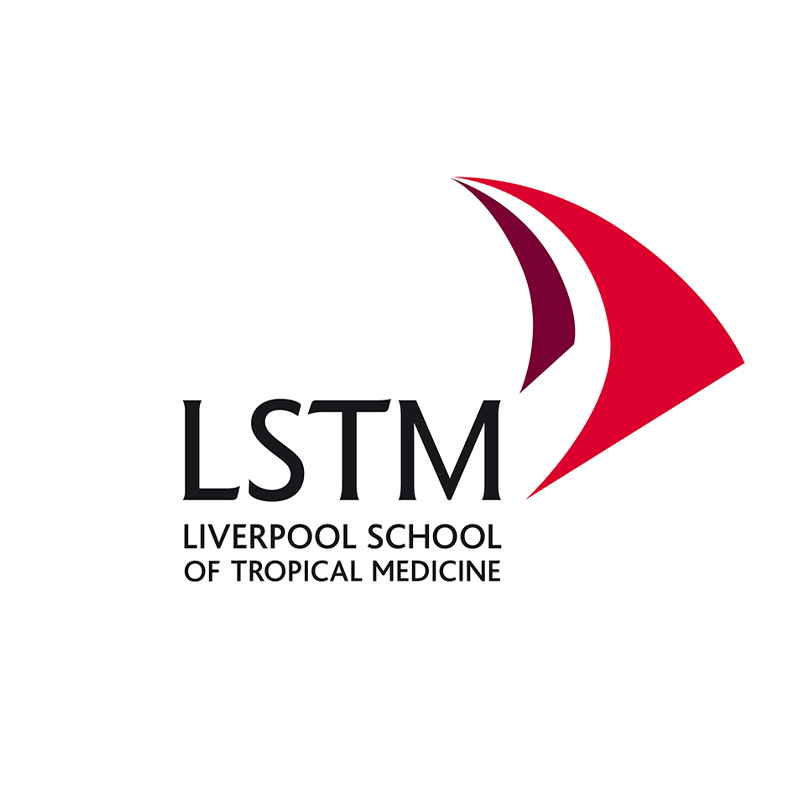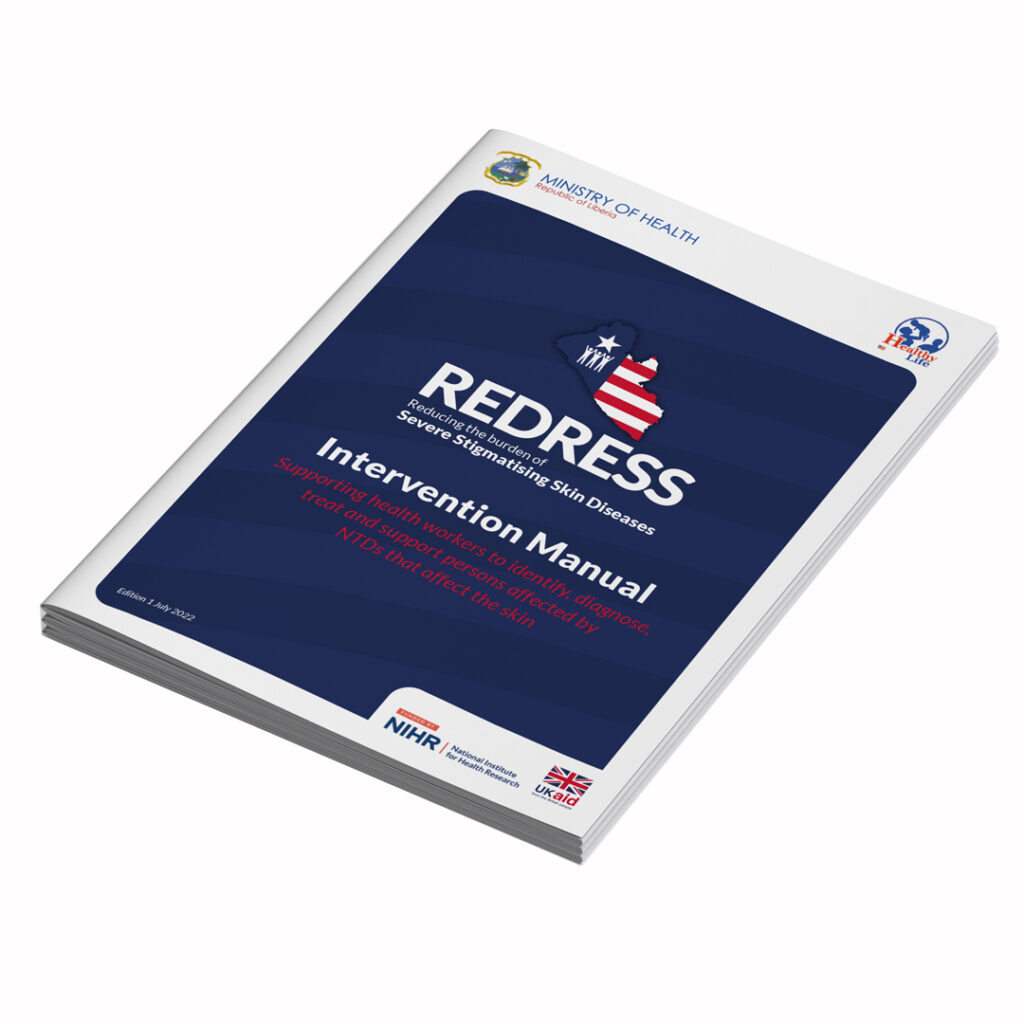Lstm Redress design

We were asked by Liverpool School of Tropical Medicine to develop a brand for their Redress research which is a £3.5 million programme awarded to LSTM from the National Institute for Health Research (NIHR) with an aim to reduce illness, stigma, social exclusion, and poverty caused by severe stigmatising skin diseases in Liberia.
This branding was to be used across manuals, teaching aids and a website which would present research findings to others in various places in Africa, the UK and worldwide.
Often the deadlines for delivery of the project were tight, taking into account time differences of presenting ideas to members of the team in Africa and also making sure cultural elements of design and feel were adhered to at all times.
Working with the research team and the programme managers closely was so important in order to get the design and feel of each manual correct but also making sure that the budget allocation was being used properly and effectively in both countries.
Managing time was definitely a hurdle as the team in Liberia often struggled with Wi-Fi capabilities so downloading large documents in order to review was often difficult.


Time needed to be spent in the best possible way, so the planning of how the design was going to take place was the most important aspect to ensure that all parties knew exactly when they were going to receive the next phase of delivery, this then needed to be checked by another group in Liberia and changes made quickly on our part. Listening to the needs of team and who the final documents were going to be used by was extremely important in the lay out and feel of each piece of work, including the design of the website which was going to be used as a legacy piece of work.
Our project manager at Welton Media and the Redress project managers are still updating and recreating bits of work which are still being built upon. The pieces of work we produced will be being used in Liberia for many years to come to improve the lives of those living with severe stigmatising skin diseases and for that we are extremely proud to work alongside LSTM and their amazing, much needed research.